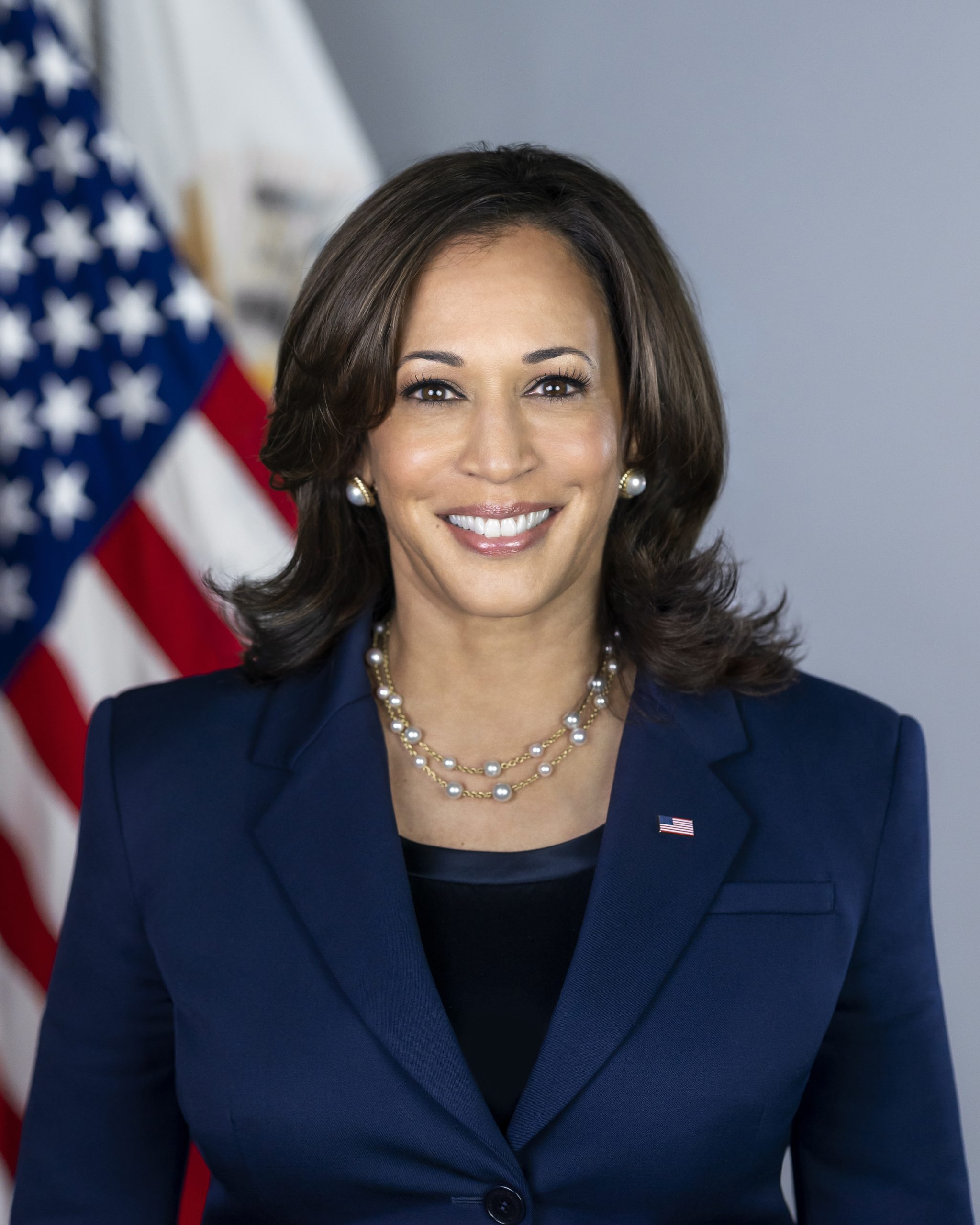Kamala Harris, the Vice President of the United States, is a figure who represents a multitude of identities and experiences. She is the first female, the first Black, and the first South Asian Vice President. Her background as the daughter of immigrants, a former prosecutor, and a senator from California positions her as a unique and multifaceted leader in American politics. Despite her groundbreaking achievements, questions remain about whether voters will support her in the upcoming November elections.
Harris’s career began in the legal field, where she served as a district attorney in San Francisco and later as the Attorney General of California. Her tenure in these roles showcased her commitment to criminal justice reform, yet it also drew criticism for her tough-on-crime stance. This duality reflects the complexities of her record, appealing to some while alienating others. As Attorney General, she pushed for policies to reduce recidivism and improve prisoner rehabilitation, but her office also defended controversial positions that have been scrutinized by progressive activists.
In the Senate, Harris gained a reputation for her sharp questioning during hearings and her advocacy for healthcare reform, environmental protection, and racial justice. Her legislative efforts align with many key Democratic values, yet her prosecutorial past continues to be a point of contention. This juxtaposition of progressive ideals and a law enforcement background creates a nuanced image that resonates differently across the political spectrum.
As Vice President, Harris has been tasked with significant responsibilities, including addressing the root causes of migration from Central America, leading efforts on voting rights, and managing the administration’s response to COVID-19. Her performance in these roles has been met with mixed reviews. Supporters commend her dedication and her historic presence in the White House, while critics argue that she has not sufficiently addressed these complex issues.
The 2024 election will be a critical test of Harris’s appeal to a broad electorate. Her ability to connect with diverse voter groups—women, minorities, young people, and progressives—will be crucial. Harris’s background and policy positions offer a rich tapestry of appeals to various constituencies, yet her challenge will be to unify these groups under a common cause.
Harris’s identity as a Black and South Asian woman holds significant symbolic value in a country grappling with issues of race and representation. Her presence on the ticket can energize voters who see themselves reflected in her story. However, symbolism alone may not suffice to secure votes. Voters will also be looking at her track record, policy stances, and ability to deliver tangible results.
The political landscape is increasingly polarized, and Harris will need to navigate this environment carefully. Her debates with conservative opponents will likely highlight her progressive stances, which can mobilize the Democratic base but may also alienate moderate and independent voters. Striking a balance between maintaining her progressive credentials and appealing to a wider electorate will be a delicate task.
Ultimately, Kamala Harris represents a blend of groundbreaking achievement and political complexity. She checks all the boxes for a historic and influential leader, but whether voters will check the box for her in November remains uncertain. Her success will depend on her ability to convey a compelling vision that resonates across America’s diverse and divided electorate. The coming months will be crucial as she makes her case to the voters, hoping to turn her multifaceted identity and experience into a broad coalition of support.





